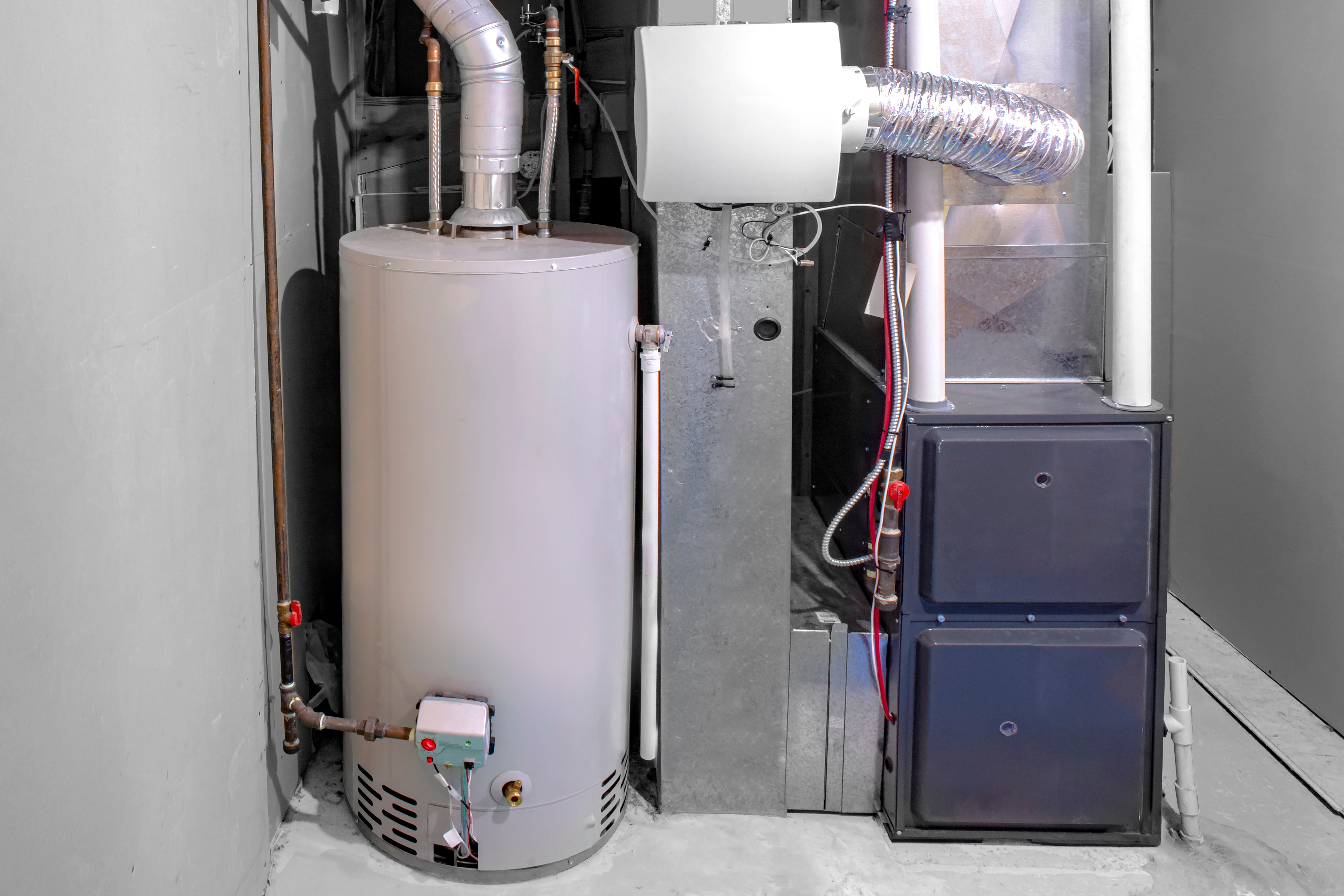Gas Furnaces
Free Estimates / Emergency HVAC Service / Emergency Fuel Delivery
Hours: Mon – Fri 8:00 am – 4:30 pm

How to Choose the Right Furnace
Are you thinking about upgrading your furnace but not quite sure where to begin?
We understand. Furnaces are more efficient than ever, with a plethora of features designed to keep you comfortable. They come in different sizes and shapes, some more powerful than others. They also have different price points based on their efficiency ratings.
The thermostat is the brains of your heating, ventilation, and air conditioning (HVAC) system. But it’s the furnace that provides all the muscle, teaming up with your ductwork to send warm air throughout your Pennsylvania, home.
And always remember, a happy home is a warm one! It would only take a few cold days in a row with no indoor heat for all the pipes in your home to freeze.
Furnace Maintenance
Want to get the most value from your HVAC system? Develop a preventative maintenance plan. Doing so can rejuvenate your equipment, increase your comfort, and lower your operating costs.
Give us a call today and ask about our customized Energy Saving Program tailored to fit your budget and needs. Enjoy peace of mind knowing a trusted professional is watching over your HVAC equipment.
Gas Furnace Maintenance Checklist
•Clean and inspect burners/heat exchanger
•Clean and adjust pilot assembly
•Check thermocouple, clean or replace as necessary
•Check and adjust flame
•Check ignitor
•Tighten and inspect all electrical wiring
•Adjust burner for efficient operation
•Lubricate all motors and moving parts as required
•Inspect flue pipe and draft diverter
•Clean and adjust blowers or circulator pumps as needed
•Perform routine tests for combustion or gas leaks
Choosing the Right Furnace by Fuel Type
Your first decision is easy: choosing the fuel type.
The most common source is natural gas. Your local utility company supplies the fuel delivered to your home through an underground gas line. The price of natural gas is relatively stable, so you don’t have to worry about cost fluctuations. Plus, you never need to worry about storage.
- If you have access to a natural gas line, we strongly recommend a gas furnace. These furnaces have proven their value over the years for providing steady comfort on the coldest of days.
- Oil furnaces are a popular alternative in the United States, particularly in parts of the Northeast that do not have easy access to natural gas. These types of furnaces last longer than a gas furnace but do not operate as efficiently. Oil prices fluctuate more than natural gas prices, making it harder to gauge your monthly expenses. Plus, you will need a storage tank for the oil.
- Electric furnaces tend to last longer than gas furnaces and cost less to install. On the other hand, they are more expensive to operate and take longer to heat your home. Anyone living in a cold climate would enjoy more comfort with a gas or oil furnace.
Choosing the Right Furnace Speed
Furnaces run at different speeds. The operating speed you choose will impact your comfort, budget, and indoor air quality (IAQ).
Single-stage furnaces have just two settings, on or off. Your furnace switches on and continues to run to reach the desired temperature. Once it reaches the temperature, the furnace turns off. Single-stage furnaces are the most affordable models and easiest to install. But they are the least efficient and tend to create hot and cold spots in larger homes.
Two-stage furnaces run at full-speed and half-speed. This allows your furnace to heat your home more evenly, producing a more consistent temperature from room to room. In addition to producing better heating, the half-speed setting is much quieter.
Variable speed furnaces are the gold standard of the heating world. These models adjust their speeds to provide precise comfort. They run longer at slower speeds, improving efficiencies while lowering your energy bills. Because they do not frequently cycle on and off, these systems tend to have fewer breakdowns.
Variable speed furnaces are much more adept in maintaining your indoor air quality, catching harmful particles, and eliminating excess moisture that causes mold growth. Larger homes benefit tremendously from variable speed furnaces.
Choosing an Efficient Furnace
The AFUE (annual fuel utilization efficiency) rating on your furnace indicates how much energy it converts. An energy-efficient furnace with an AFUE rating of 95 can convert 95 percent of the energy it consumes into heat.
The higher the AFUE rating, the more money you save on monthly utility bills. Energy-efficient furnaces emit fewer greenhouse gases and make less noise when they operate. If you want to reduce your home’s carbon footprint, the perfect place to start is with your heating and cooling equipment!
Furnace Installation or Replacement
Don’t invest in a quality HVAC system and then hire a substandard contractor to install it. You will never enjoy the full benefits of a system installed incorrectly.
At X-Press Energy, we specialize in installing equipment the right way. We take our time to ensure everything is measured correctly. Our team will also conduct a thorough energy audit of your home to find additional ways to lower your energy use.
Be sure to ask about our convenient financing options designed to make it easy for you to create your dream home.
Furnace Repairs
Odd sounding noises, a spike in energy bills, or constant cycling—these signs indicate a problem with your furnace. Don’t wait for a minor issue to turn into a costly problem. Give us a call today if you detect a problem with your HVAC system. We promise never to replace a part unless necessary—or if we can demonstrate significant cost savings.

I have nothing but good things to say about Xpress Energy Co. They are always very friendly and accommodating. They were recommended to me by a friend, and now I have recommended them to several people.
– Dan Wagner




